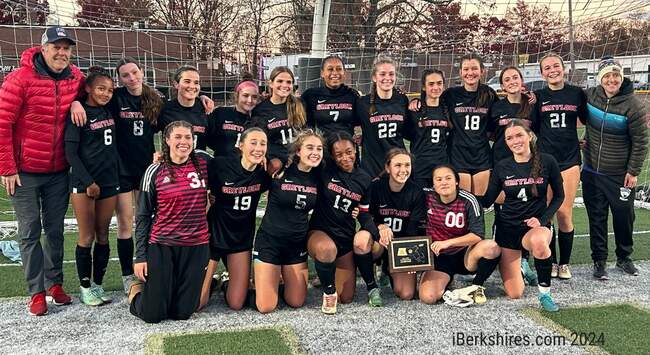Next 'Green Living' lecture to address wind power
NORTH ADAMS – The Berkshire Environmental Resource Center (BERC) at Massachusetts College of Liberal Arts (MCLA) will continue its series of 14 “Green Living” seminars this Thursday, Feb. 14, at 5:30 p.m. with “Wind Power: Need for Setting Guidelines,” in Murdock Hall conference room 218. The series, “Achieving Energy Sustainability for the 21st Century: Choices and Challenges,” is free and open to the public.Narain Schroeder will be presenting “Wind Power.” He is the director of land conservation at the Berkshire Natural Resources Council, where he guides the Council’s efforts to preserve and protect land in the Berkshires.
Schroeder grew up in Vermont on a small beef farm in a community sustained by farming, logging and maple syrup production. He has a degree in planning from the University of Colorado, and a master’s degree in environmental biology from Antioch New England Graduate School. The Green Living series aims to inform students and the community about strategies for meeting our growing demand for energy and to encourage debate around several energy options, including those involving water, wind, hydrogen and nuclear power.
The series will continue on Thursdays through April 24 in Murdock Hall conference room 218 at MCLA. For more information, go to www.mcla.edu or contact Elena Traister, (413)662-5303.















